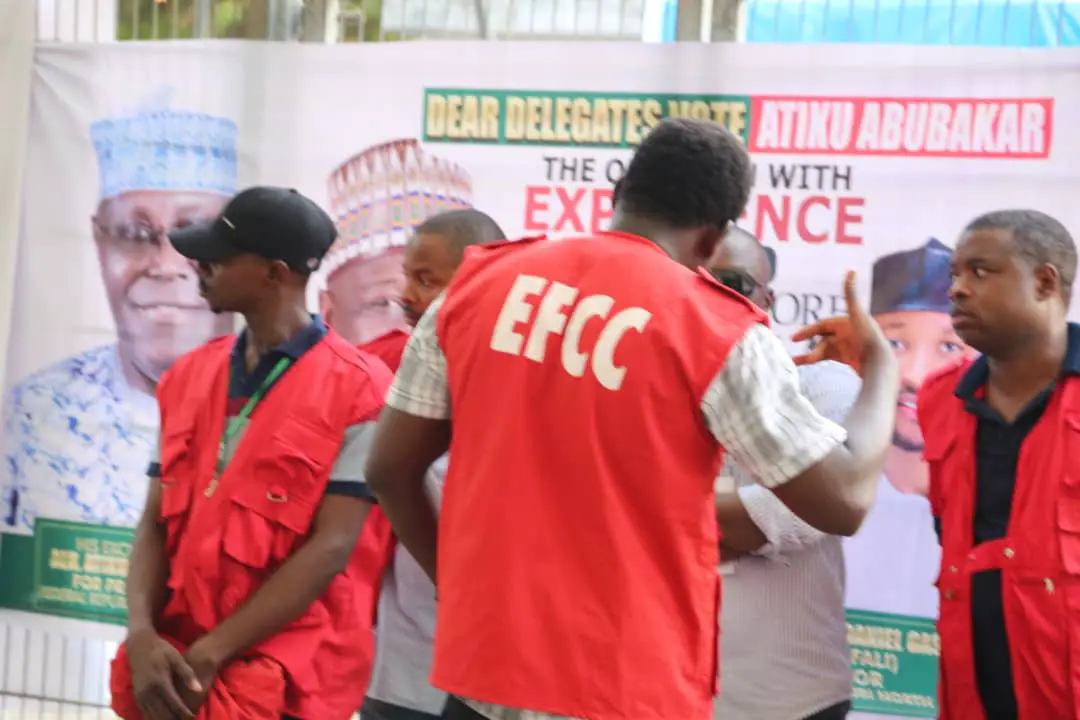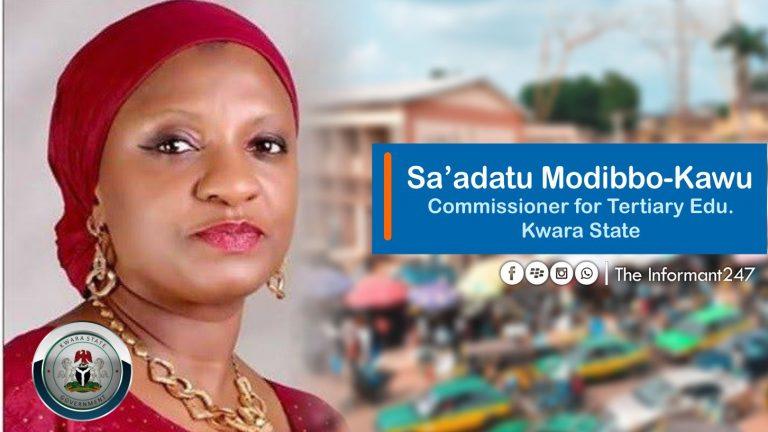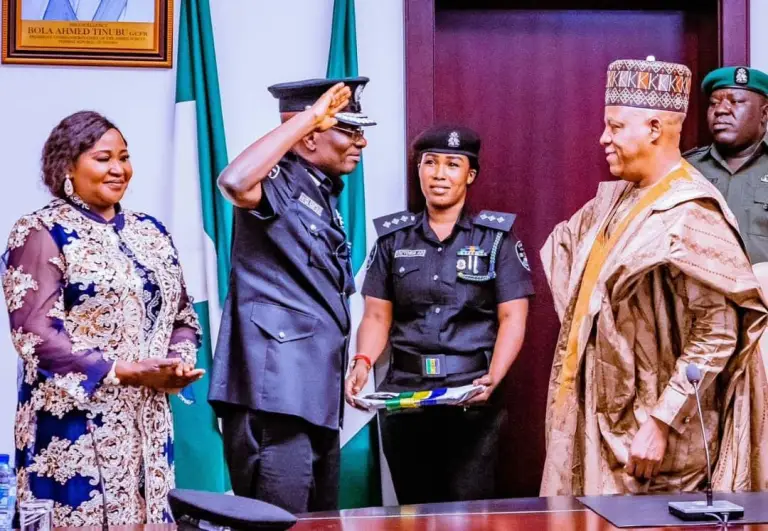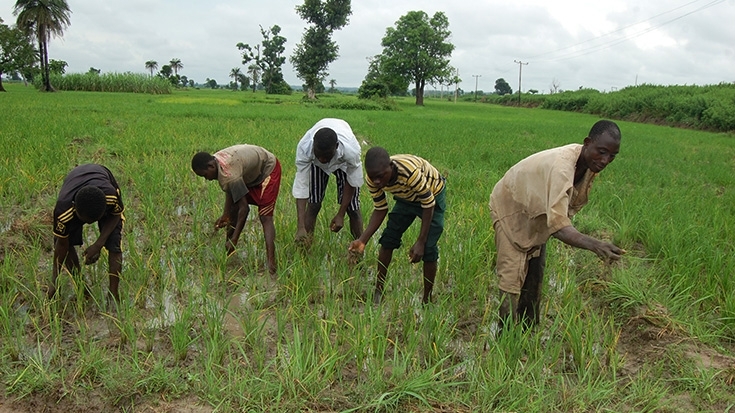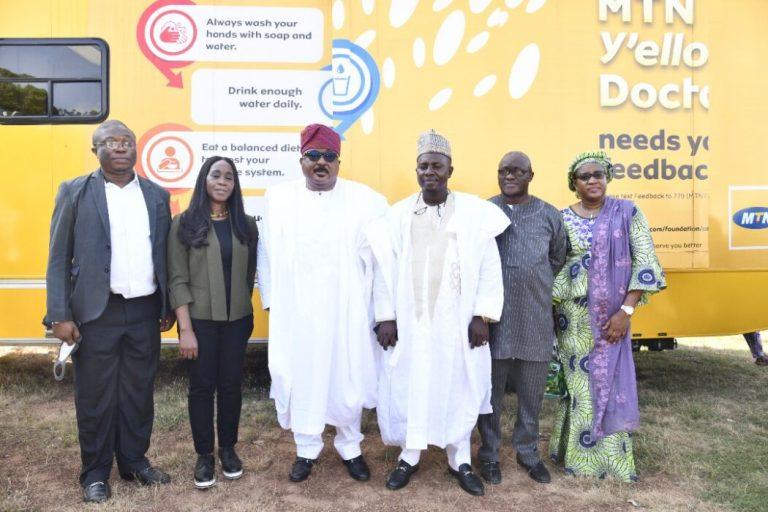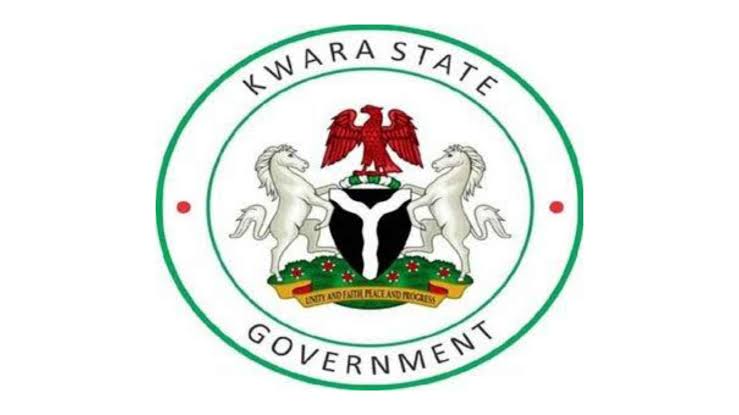‘NGOs engage in terrorism financing’, EFCC charges journalists on investigative reportage
Working journalists have been advised by the Economic and Financial Crimes Commission (EFCC) to start engaging in investigative reporting that will expose people who finance terrorism and other fraudulent activities in the North-East region.
The commission’s chairman, Mr. Abdulrashed Bawa, delivered the keynote address at a workshop on financial crime reporting on Thursday in Maiduguri, the capital of Borno State. Bawa, who was represented by the North East Zonal Commander, Mr. Oshodi Johnson, noted that the area has seen an increase in NGOs, some of which participate in dishonest practices and the financing of terrorism.
He emphasized that the commission will be assisted in reducing criminal elements in society by reporting on fraudulent operations carried out by some NGOs in the region.
He said, “As a consequence of the insurgency in this region, we now have a proliferation of Non-governmental organisations doing charity work in the region which is commendable, unfortunately, the activities of a very few charlatans have called the altruistic commitment of others to question,”
During the presentation of his paper, “Investigative Journalism and Nigeria’s Fight against Money,” Assistant Director of Public Affairs of the Commission, Mr. Dele Oyewale, who worked on the account, stated that investigative reporting would aid in exposing those involved in public funds embezzlement and money laundering in Nigeria.
He urged Nigerian media outlets to place more of a priority on investigative and development journalism than on sensational news.
To help the battle against corruption by revealing instances in society, he contends that media should step up their investigative efforts.
“The fight against corruption can be won if you journalists discharge your responsibilities professionally by engaging in investigative journalism with a focus on social justice and accountability.
“This workshop was organized as a way of interfacing with journalists and deepening the relationship between the Commission and the media,” he said.
Comrade Dauda Iliya, state chairman of the Nigeria Union of Journalists, stated that the training was appropriate in his statements.
He referred to it as the first of its kind in the state and asked the Commission to organize more journalist capacity development to better equip them with the abilities needed to do investigative reports.

